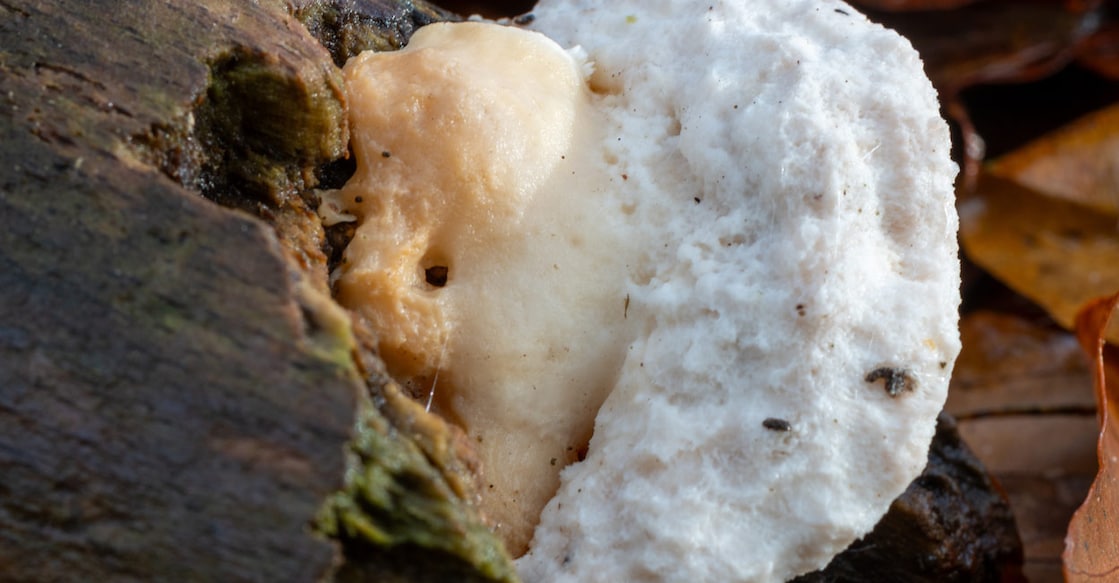Bittergourd won’t hold a candle to this: Meet the world’s most bitter edible thing

Mail This Article
Move over, bittergourd. Scientists have discovered a new contender for the title of the most bitter edible substance: a mushroom known as Amaropostia stiptica, or more commonly, the bitter bracket fungus.
Amaropostia stiptica is a polypore fungus that thrives on decaying hardwood in tropical and subtropical forests. Though not toxic, its bitterness is unmatched, earning it the distinction of being the most bitter-tasting substance ever identified by researchers.
A study conducted by the Technical University of Munich and the Leibniz Institute of Plant Biochemistry revealed the presence of three previously unknown bitter compounds in this mushroom. One of these compounds, oligoporin D, proved to be so intensely bitter that it could activate human taste receptors even in minute quantities. In fact, just a gram of oligoporin D would still taste bitter if dissolved in an astonishing 106 bathtubs of water.
The science behind the extreme bitterness
Bitterness, one of the five fundamental tastes, serves as a defense mechanism against potentially harmful substances. Humans have about 25 different bitter taste receptors, each sensitive to a variety of bitter compounds. Oligoporin D, however, stands out by activating the TAS2R46 receptor with remarkable intensity, far surpassing substances like denatonium benzoate, which was previously considered the benchmark for bitterness.
This discovery opens new doors for research, offering insights into the ways taste receptors interact with different compounds. Such findings could have practical applications, including the creation of new flavour enhancers, appetite regulators, or even deterrents for toxic substances.

Although Amaropostia stiptica is not typically consumed due to its extreme bitterness, studying it helps expand our understanding of taste perception and the chemical processes that occur in fungi.
So, the next time you grimace at the taste of bittergourd, remember that nature has concocted something far more potent. Thankfully, it's unlikely to appear on your dinner plate anytime soon.

